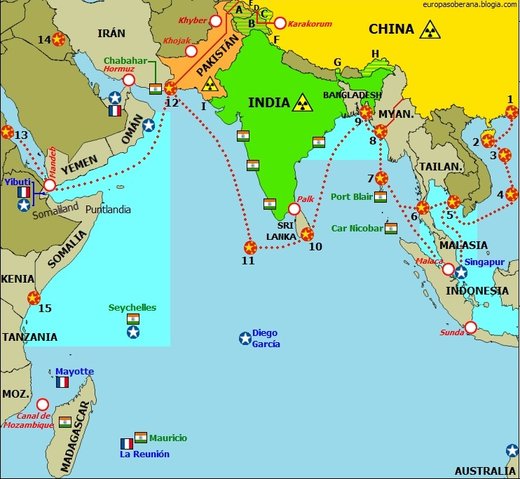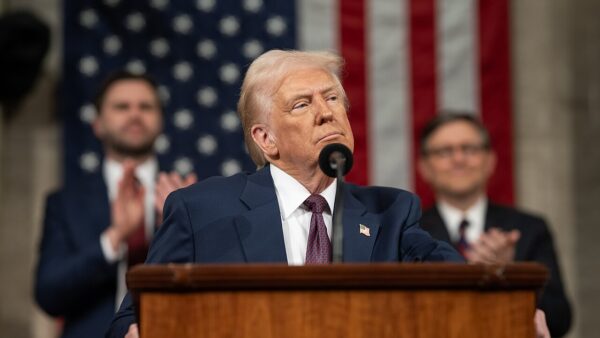28 June 2013
China and Pakistan are on the brink of a new era of economic cooperation as leaders from both countries met this week to discuss a transport and economic corridor linking the two nations.
The construction of not only a rail and road network but eventually an oil and gas pipeline will link south Pakistan’s Gwadar, a strategically-located port on the bank of the Arabian Sea, with Sinkiang in western China.
During the meeting held at China’s National Development and Reform Commission (NDRC) in Beijing, Pakistan’s planning and development minister Ahsan Iqbal talked about an opportunity to integrate four growth engines of Asia – China, South Asia, Central Asia, and the Middle East – into a formidable regional economic bloc.
Mr Iqbal added that such a venture would be a “game changer” and called Gwadar an engine for trade and regional growth.
Zhang Xiaoqiang, vice chairman of the NDRC, named Pakistan the “all-weather strategic partner of China” and also recognised that integration of China’s west with Pakistan’s south-west could unleash enormous trade, commercial, and economic possibilities for the broader Asian region.
China has been eyeing up the Gwadar port area since 2004 when talks of a China-Pakistan railway first began but even before that, from 2001, China had begun investing in Pakistan’s transport infrastructure, providing $750m to upgrade the 19th century British-built railway system.
Over recent years, demand for expansion has pushed China to seek joint ventures with Pakistan and the Middle East, especially Iran with which China has already signed long-term contracts to develop oil fields.
This fits in with what analysts have identified as China’s global policy, called the ‘String of Pearls‘, a network of military and commercial facilities creating relationships along sea lines of communication, extending from the Chinese mainland to Sudan.

‘String of Pearls’ is what analysts call China’s developing strategic network of military and commercial centres of influence in the Indian Ocean (EdgarFabiano/Wikimedia)
Gwadar port is located right in the middle of this line and the China-Pak railway will take China one step closer towards realising its ambition. Â
But India is not happy with the whole idea.
Indian foreign secretary Ranjan Mathai has reported his country’s deep concerns about the project because the railway would run through the disputed Pakistan-occupied Kashmir region of India and therefore impinge on India’s sovereignty. Â
In 1963, India protested against the demarcation and signing of the China-Pak border and it is not yet known how India will react formally to this new venture, although only last month India and Japan pledged to work together to ensure stability in the Asia-Pacific region in the face of “growing muscle-flexing by China“.
However, India is not the only country which has reservations about the project.
Both America and Russia have cause for concern if China establishes a permanent presence in the Indian Ocean.
The US has recently developed strategic close links with Pakistan and the China-Pak corridor will undoubtedly weaken American influence in the region.
As for Russia, having a direct route to the Middle East would give China a foothold for negotiations in the oil and gas markets.
Clearly, it is not just China that will benefit from this deal: Pakistan is hoping for bilateral trade with China and envisages becoming an energy corridor and hub of economic development.
Pakistan’s prime minister strongly believes the development of the railway will turn Gwadar into an international city which will bring in foreign investment and, according to interior minister Chaudhry Nisar, change the strategic and economic importance of the entire region.
Â






